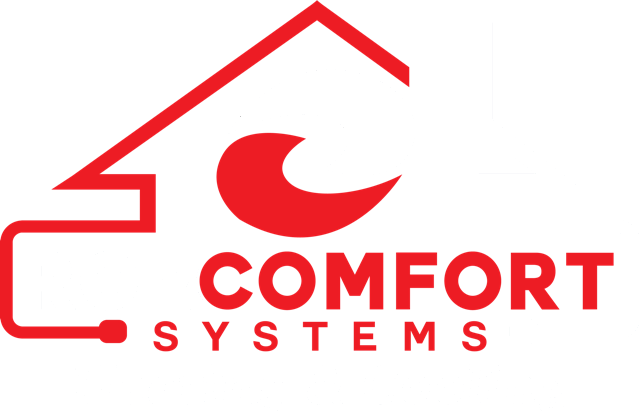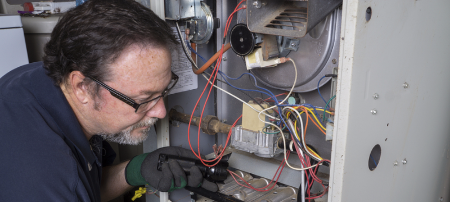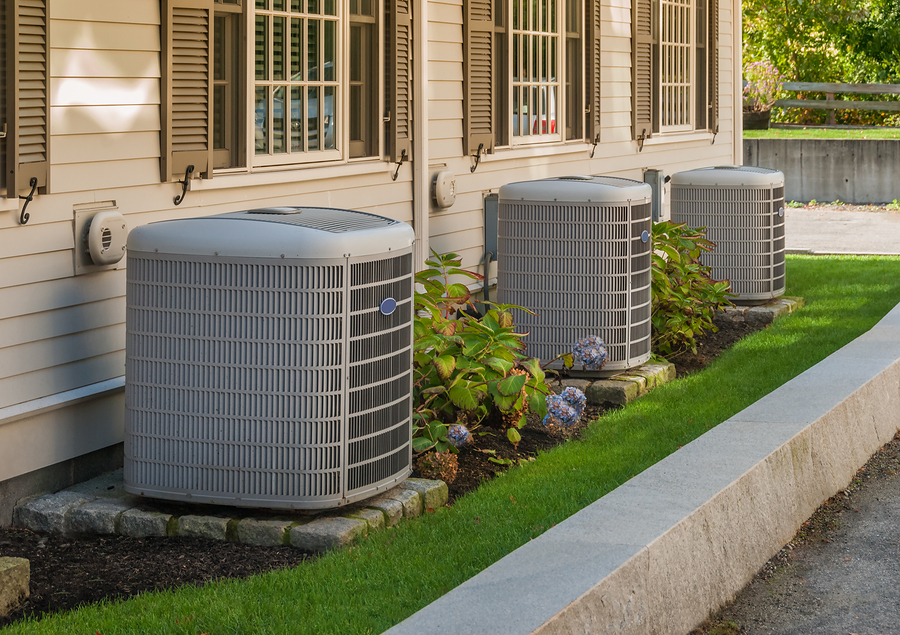Blog Posts
Top 5 Benefits of Air Conditioning
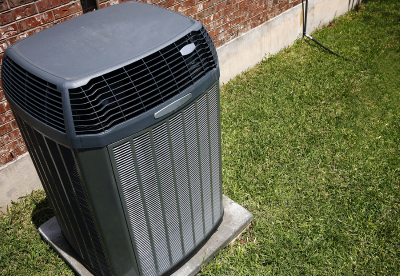
For some the increased heat and humidity of long summer months can cause an array of health issues. Air conditioning is ideal for living comfortably throughout the heat of summer, but it can provide more than just comfort to you and your family.
Better Control Over Humidity
High humidity can cause a range of problems for you and your house, but in warmer months the risks are far greater. Heat and humidity when combined can make it harder for the body to naturally cool itself and can make air feel thick and heavy for those suffering with COPD, asthma, and other respiratory related issues. Running your air conditioner helps remove humidity from the air inside as one of the very first steps to cooling the air around you.
Sleep Better
Several studies have been completed directly linking the temperature of your room to the quality of your sleep and there are multiple reasons behind this. One of the most interesting being that rooms between 60-68 degrees actually stimulate the production of melatonin. It’s also helpful to not be sweating when you’re trying to fall asleep.
Why Do I Need a Furnace Filter
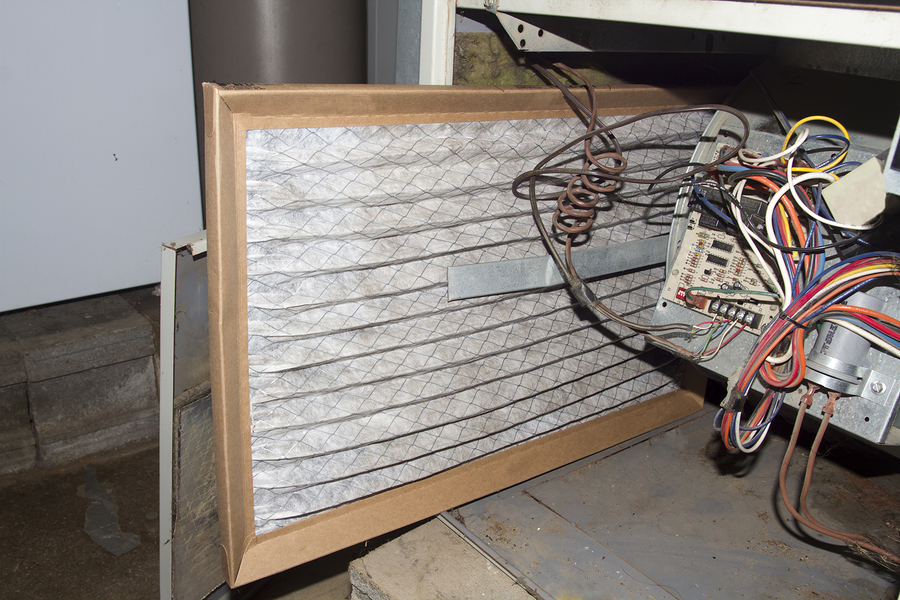
It can be difficult to stress the importance of something as small as a furnace filter, often we look at them as a small and insignificant factor to our furnace’s overall health. Surprisingly, the furnace filter does much more than pull airborne contaminants out of circulating air.
Importance of the Filter
Furnace filters serve as a powerful defense against dirt, dust, hair and other physical contaminants that would otherwise be sucked into the furnace. If you were to remove your filter and allow the furnace to run the contaminants, large and small, that would have otherwise been caught by the filter will end up in the blower fan. This can lead to clogs and costly repairs. Allowing all of this junk to become lodged inside the heating system can also make the entire system less efficient.
Your filter won't only stop your furnace from ingesting harmful contaminants it can also stop them from endlessly recirculating throughout your home. Major airborne allergens like dust become trapped in your filter, preventing it from being blown around your home.
Understanding Carbon Monoxide
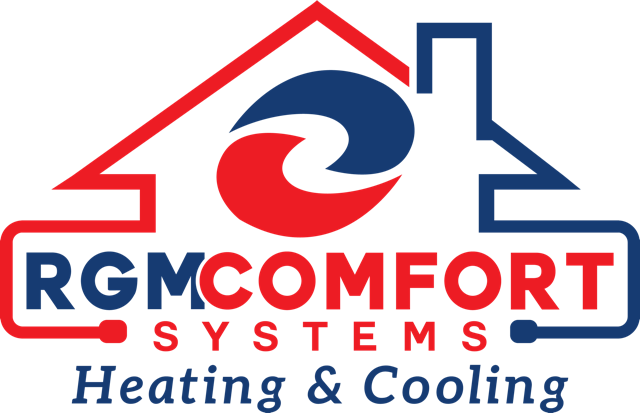
As stated by the CDC, “Carbon Monoxide or ‘CO’ is an odorless, colorless gas that can kill you.”
Carbon Monoxide is a very serious gas and is found in fumes every time you burn fuel of any kind. This includes but is not limited to: burning fuel in motor vehicles, small engines, stoves, lanterns, grills, gas heaters, fireplaces, gas ranges, heating systems, and generators.
Basic safety
Our first line of defense against CO poisoning is being educated about the risks, symptoms and how to tell if it’s present indoors. Given that CO is odorless and colorless the only way to identify if there is a Carbon Monoxide leak somewhere in your home is to have working CO detectors present on each floor and within each bedroom, similar to smoke detectors a CO detector can only help you if you can hear it.
CO detectors expire. It is crucial to make sure that your CO detector is working, the average CO detector only lasts five to seven years. If you can’t remember how old yours is, buy a new one.
The Importance of Furnace Maintenance
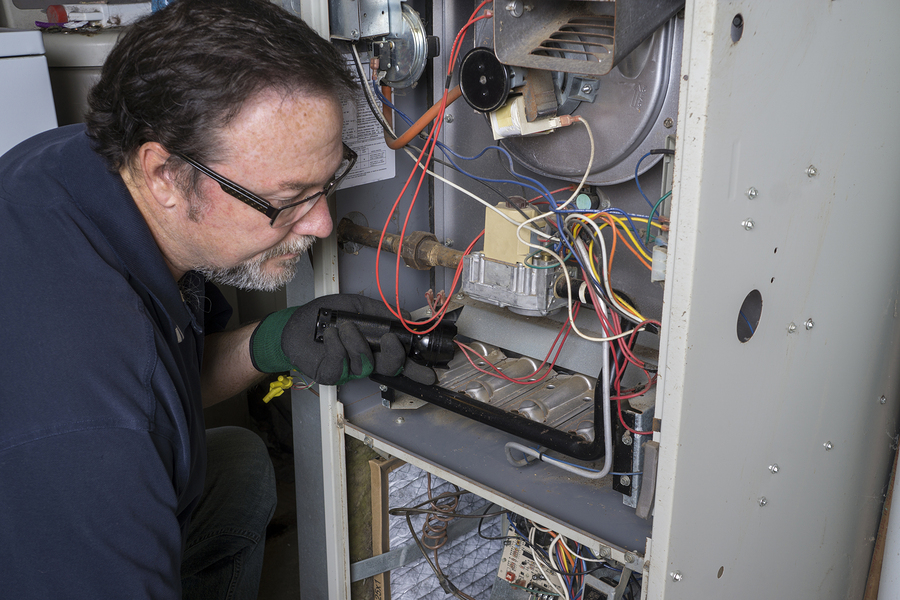
Your heating system is not a “set it and forget it” appliance. With the average cost of a forced-air furnace being between $2,100-$5,000 it is important to schedule required yearly maintenance if you wish to extend it’s life and get the most out of your investment.
Top 3 Reasons to Schedule Maintenance
- Prevent costly repairs. There is no guarantee that having annual maintenance will stop your furnace from ever requiring repairs, but it does reduce the risk of surprise breakdowns. During a preventative maintenance check, our technicians look over all important parts and connections, provide a thorough inspection of the heat exchanger and run a Carbon Monoxide test.
- Detecting potential hazards. Having your furnace checked over and tested for Carbon Monoxide (CO) by a professional can help detect any cracks in the heat exchanger or CO leaks that may be present in the unit. CO is an odorless, colorless, and deadly gas emitted wherever fuel is burned. *We strongly advise everyone to have a Carbon Monoxide alarm on every floor of their home and in or nearby all bedrooms.*
- Warranty. Manufacturers of HVAC equipment recommend annual maintenance to all of their customers but this is often more than just a strong recommendation. Most manufacturers will void some or all aspects of a warranty if proper maintenance has not been done to the equipment.
Why a High-Efficiency Furnace is Right For You
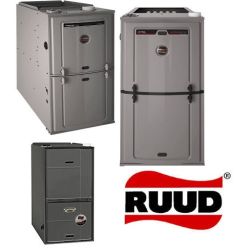
In the United States, many people use forced-air systems to heat their homes. Typically located in
your basement, crawl space, or the attic a furnace isn’t something that is given much thought on a
day-to-day basis. However, knowing more about this piece of equipment can dramatically increase
the comfort of your home while also reducing the cost to operate it.
How does a furnace work?
A forced-air furnace works by running through a heating cycle in which gas ignites the burner, the flame heats up the heat exchanger and air is moved across the heat exchanger then distributed through your duct work in order to supply heat for your home.
Understanding AFUE
Each gas heating system on the market is rated for its energy efficiency using a percentage, this number is called the Annual Fuel Utilization Efficiency or AFUE. It represents the amount of fuel that is converted to heat versus the amount that is lost when the furnace is running. For example, if you purchase a forced-air furnace with an 80% efficiency rating, 20% of the fuel used to operate the furnace escapes and is wasted.
AFUE can also change over time. Variables like age or a lack of routine maintenance can decrease the efficiency of a furnace dramatically, with some older models having an efficiency rating as bad as 60% and below.
